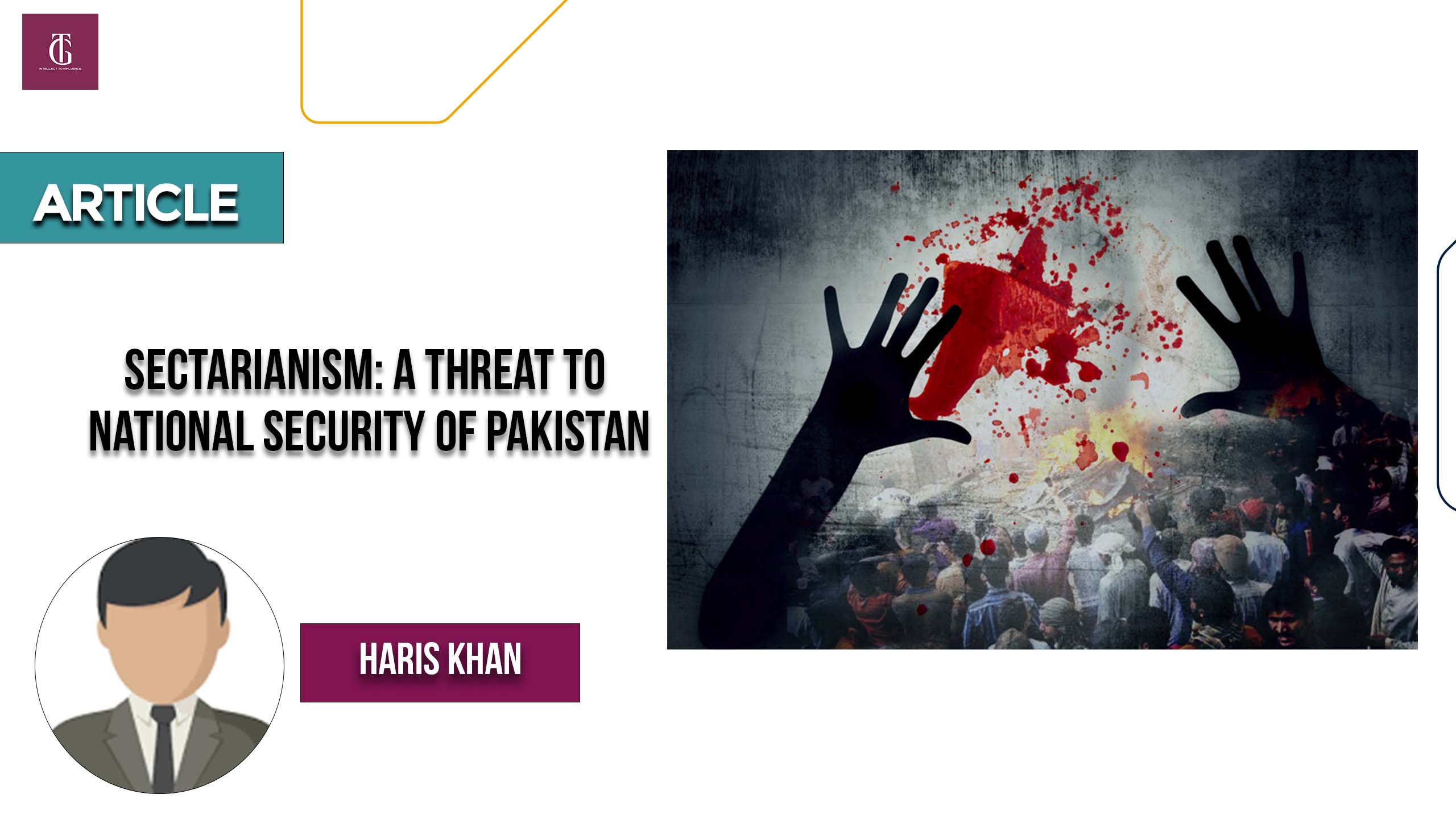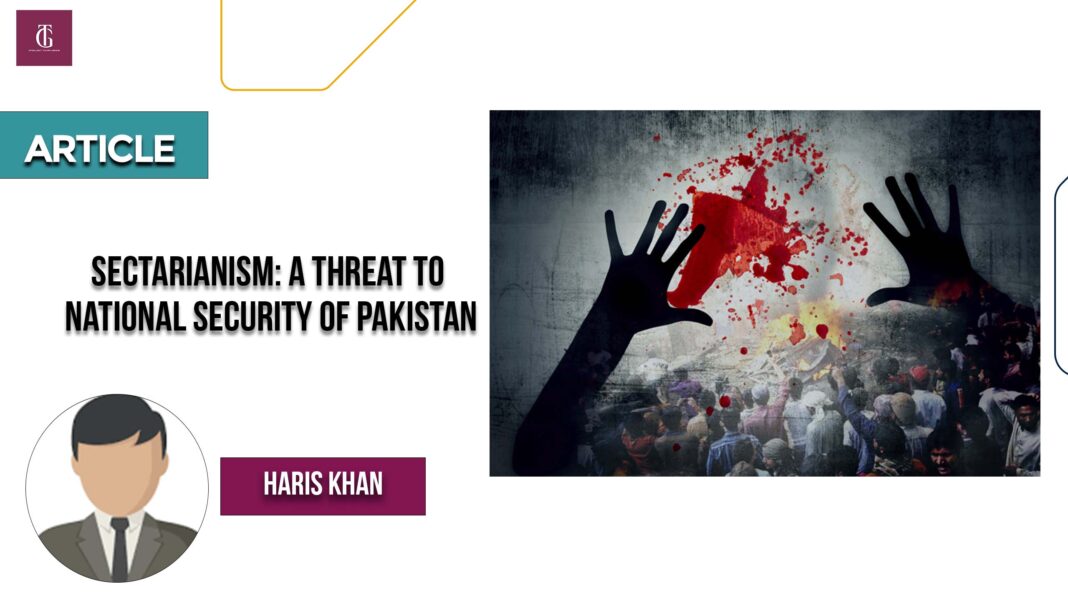
Pakistan is experiencing a sharp resurgence in sectarian violence. Most frequently, such violence involves clashes between members of the two main sects of Islam – Sunnis and Shias – but violent incidents between the Brelvi and Deobandi sub-sects of Sunni Islam are also on the rise. The heightened frequency and brutality of Sunni-Shia clashes threaten national security. Sectarianism in Pakistan is the most destabilizing factor for the country’s political, social, religious, and security order. From the last 30 years onwards, Society has seen a number of suicide attacks, bomb blasts, assassinations,s and terrorist acts as the result of sectarian conflict. The government sometimes exploits the sectarian issue for political purposes which divides the society on the basis of sects, which is a grave threat to the stability of the country.
The first bit of sectarian trouble in Pakistan arose during the month of Muharram in 1950 in the city of Hyderabad in Sindh, in which nine muhajir (migrants) were killed. However, the first major sectarian agitation that gripped the country was the anti-Ahmadi movement in 1953, which led to the imposition of martial law in Punjab for the first time. A defining moment in Shia-Sunni radicalization was the Iranian revolution in 1979 and General Zia’s promulgation of zakat (wealth tax) and usher (farming tax) ordinances under Sunni Islamic law in 1980. As these laws conflicted with Shia law, General Zia’s move triggered the first mass demonstration when thousands of Shias turned out in Islamabad and demanded the repeal of these ordinances. These ideological differences gave birth to sectarian strife in Pakistan which threatened the security of Pakistan. Sectarianism has spread in Pakistan to such an extent that a number of people are losing their lives.
The recent cases in which we can see the evolving threat of sectarian violence in Pakistan: the lynching of a Sri Lankan factory manager accused of blasphemy in Punjab’s Sialkot district on 3 December 2021; and the bombing of a Shia Mosque in Peshawar, which claimed more than 60 lives on 4 March 2022. In May 2023 seven Shiite teachers were killed by the Sunni militant groups in Kurram, a district in northwestern Khyber Pakhtunkhwa, which has been the center of such violence in the past.
One of the most major and serious effects of sectarianism on Pakistan is its role as a hurdle in the development of economic growth. The terrorist acts of sectarianism have lessened the economic growth of Pakistan by reducing foreign investment and putting Pakistan in the rank of unpopular countries. Pakistan as a developing country heavily requires foreign direct investment in order to achieve high economic growth but due to the terrorist acts through sectarianism, many foreign investors considered it harmful to invest in Pakistan. Another serious effect of sectarianism on Pakistan is that it is causing social disorder and unrest in the country through sectarian violence. Pakistan is a multicultural society having people from different castes, languages, and races. Sectarianism is also breaking the bonds of unity among Muslims which consequently destroys Pakistan’s vision of one nation.
There is an imperative need to tackle sectarian violence. The constitution of Pakistan must be implemented in full spirit as it does not discriminate based on color, race, or creed and give full freedom of expression, association, and assign duty to respect fellow Pakistani. Sectarian violence is more political than a religious problem and politicians must solve this menace by political means rather than through violence. Media play their role in curbing sectarianism. They must report what is true and avoid yellow journalism. Reforms of Madrassa’s education are important to mainstream Madrassas and their curriculum is required to prevent the spread of hatred against other sects, religions, and societies.
Sectarianism creates violence in multiple societies like Pakistan. The reason is that people of different ideologies stick to their beliefs and do not compromise with others. Sectarianism is a real threat to Pakistan’s security. It has created ferocity, unrest, and disorder in society. Over the last three-decade sectarian conflicts have increased suicide bombings, bomb blasts, assassinations, target killings, and terrorist attacks. The sectarian strife has threatened Pakistan economically, sociologically, and politically. The government’s continuing failure to dismantle militant groups, enforce bans on hate speech and sectarian propaganda, improve the criminal justice system, and reform the madrassas has allowed sectarianism to thrive. In the absence of a comprehensive state crackdown, sectarian violence threatens to worsen Pakistan’s fragile security situation.
Haris Masood
Haris Masood is a student of political science, Quaid-I-Azam University, Islamabad.






